Taraji P. Henson has taken the press run for The Color Purple as an opportunity to shine a light on a pressing and recurring issue in Hollywood. However, her account is bringing back memories of a fellow Black actress’s experience in another Oprah Winfrey-produced film.
What has Taraji P. Henson said about pay inequality in Hollywood?
“I’m just tired of working so hard, being gracious at what I do, getting paid a fraction of the cost,” Henson confessed as she held back tears in an interview with Sirius XM. The award-winning actress has spoken repeatedly about the pay disparity in the industry throughout the years. A scenario that doesn’t seem to have improved in any significant way, judging by her more recent statements while promoting The Color Purple.
Not only did Henson say she almost walked away from the project due to an unfair deal, but she also said she has considered quitting acting altogether, and that she hadn’t received a pay rise since Proud Mary in 2018. The revelations have reflected particularly badly on one of the producers of the 2023 film, Oprah Winfrey, thanks to the overlap with another actress’ similar experience.
Mo’nique’s bad blood with Oprah Winfrey
There are a couple of reasons why Mo’nique and Oprah Winfrey are not on the best of terms, but the episode that bares some similarities to Taraji P. Henson’s comments comes from the time the two worked on the Oscar-winning film Precious. The issue then wasn’t salary disputes, per se, but Mo’nique’s refusal to leave the United States to promote the movie overseas, for free.
The 56-year-old actress declined a request to go to Cannes to promote Precious during her time off to be with her family, which reportedly did not sit well with the studio Lionsgate. The actress said in a CNN interview that she and her husband “respectfully declined,” and that it was all a matter of different opinions on whether that kind of work warranted compensation. According to a Hollywood Reporter piece from earlier this year, Mo’nique believes Precious director Lee Daniels, as well as producers Winfrey and Tyler Perry, then began spreading “rumors that she is a ‘difficult’ performer.” Daniels has since publicly apologized, but the actress and the two producers are still not talking to this day.
While limited, Winfrey’s power to make the call on what both Mo’nique and Henson should be paid for promotional efforts and acting roles as a producer is still very much significant. It’s unclear who made the call that ultimately got Henson to stick around for The Color Purple, but the fact that this isn’t the first time an Oprah-produced film has been at the center of discussions about unfair pay has made people wonder whether the 69-year-old could be the common link.
In the same CNN interview, Mo’nique made statements about her career that reflect almost word for word what Henson has been quarreling with. “The phone was ringing and the scripts were coming,” she said, “the offers just didn’t make sense.”
“Because If I accept that, and I won the award, what are my sisters being offered that didn’t win the award? And what does it say to the little girl who’s not here yet that if we continue to accept these low offers? However do we make it different and make a change?”
Despite similarities, Henson has previously praised Tyler Perry for his part in getting her fair compensation
In the end, it’s the system that’s broken if different people continue to go through the same struggles after so many years of calling for change. As part of that system, its individual players are not free from guilt. Still, while Mo’nique holds Perry and Winfrey accountable for not standing up for her in 2009, Henson has said the former was one of the first people to ever meet her demands on the set of a film.
“I was asking for half a million. I didn’t get paid that until I did my first Tyler Perry film. He was the first person that gave — that broke the standard that I was getting paid for films, and he gave me $500,000,” Henson shared on Variety‘s Actors on Actors.

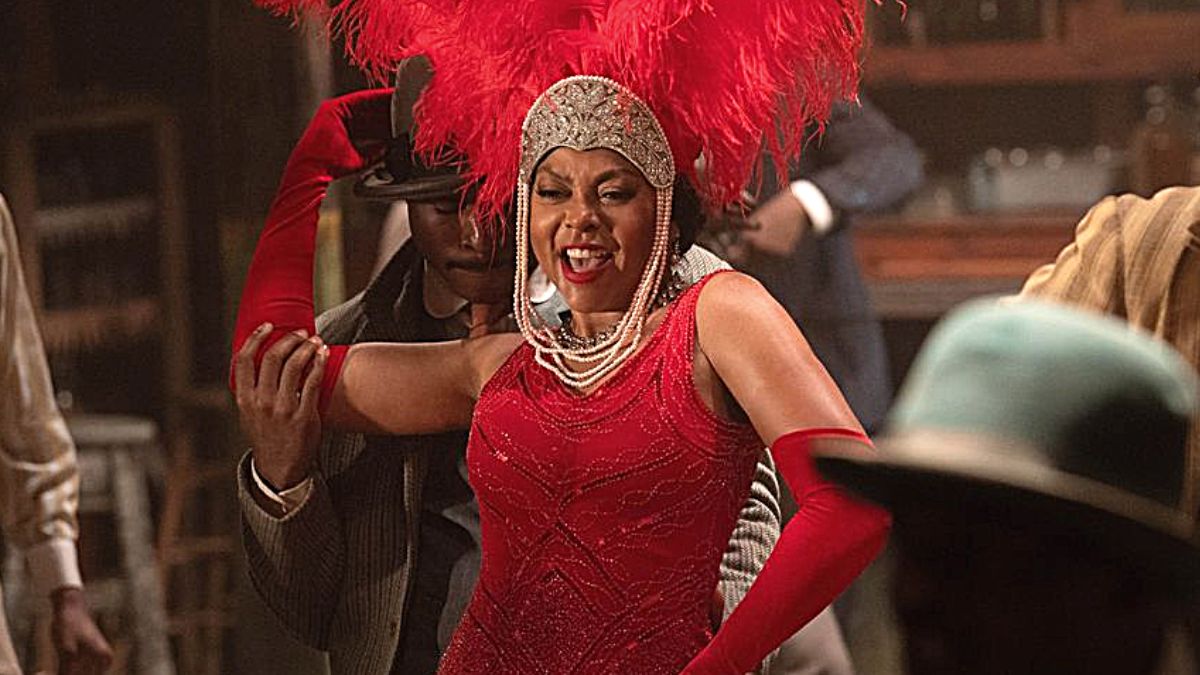
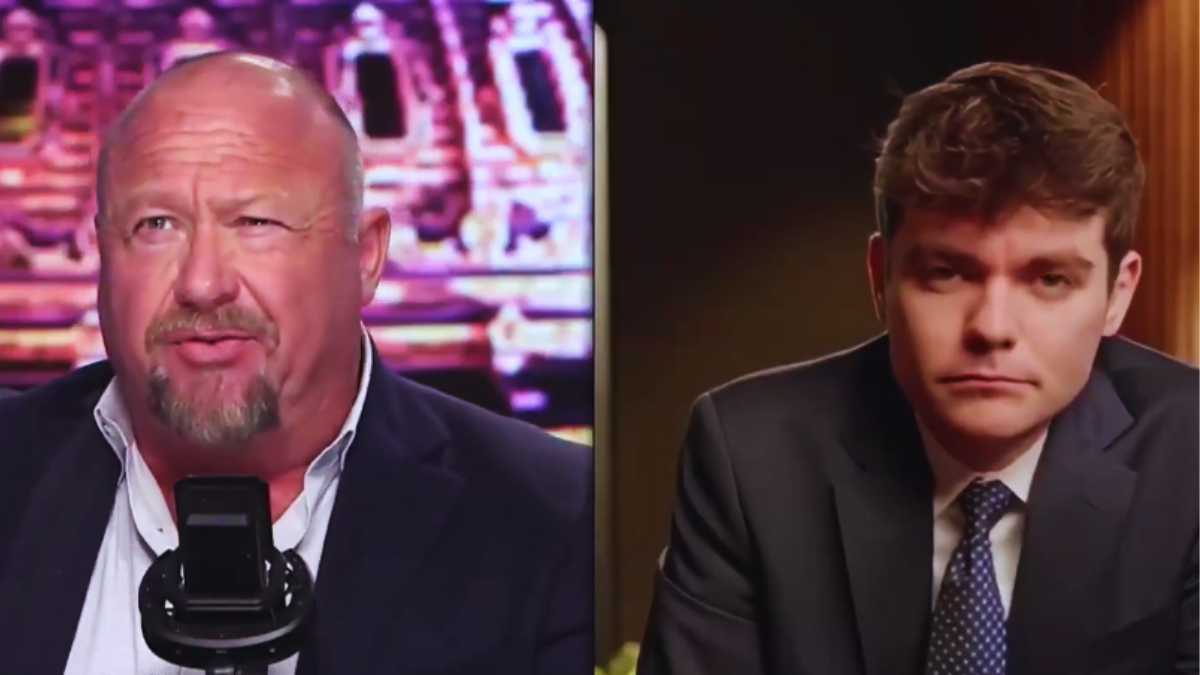
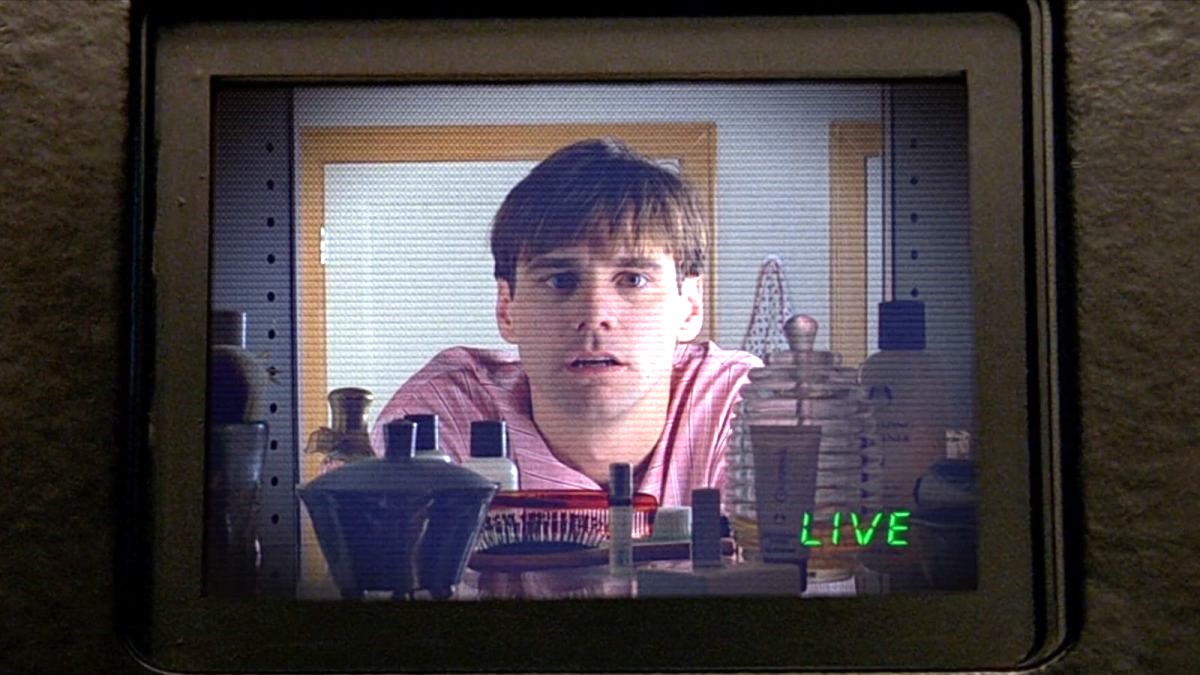
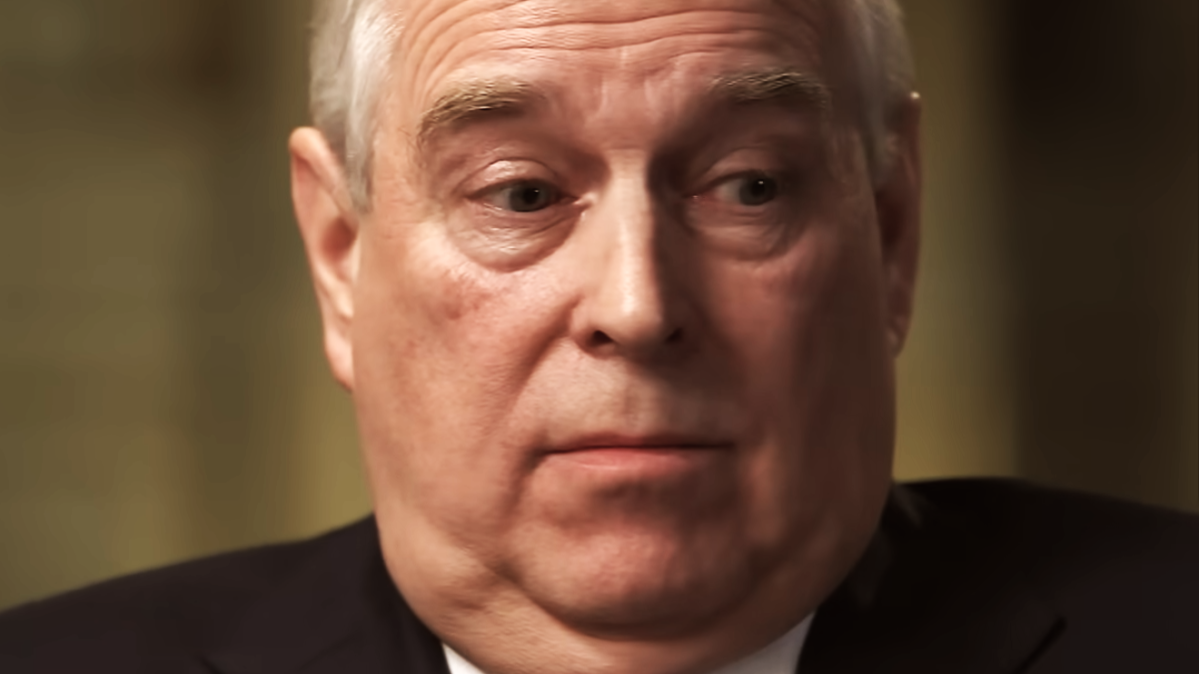
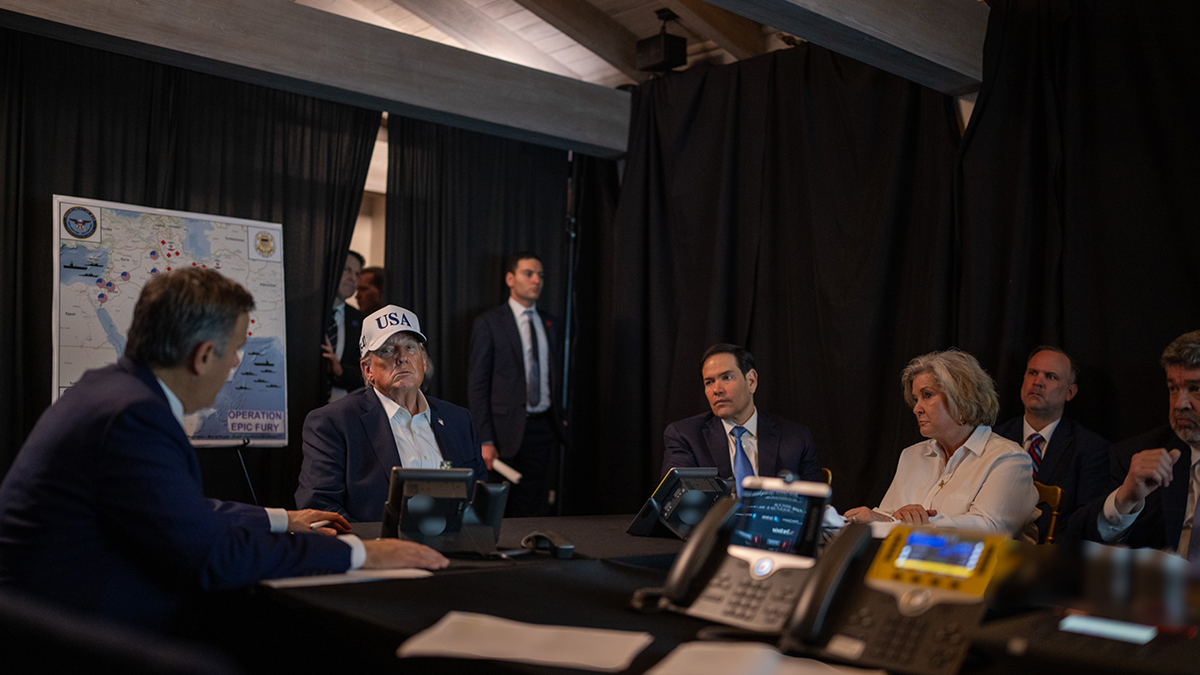

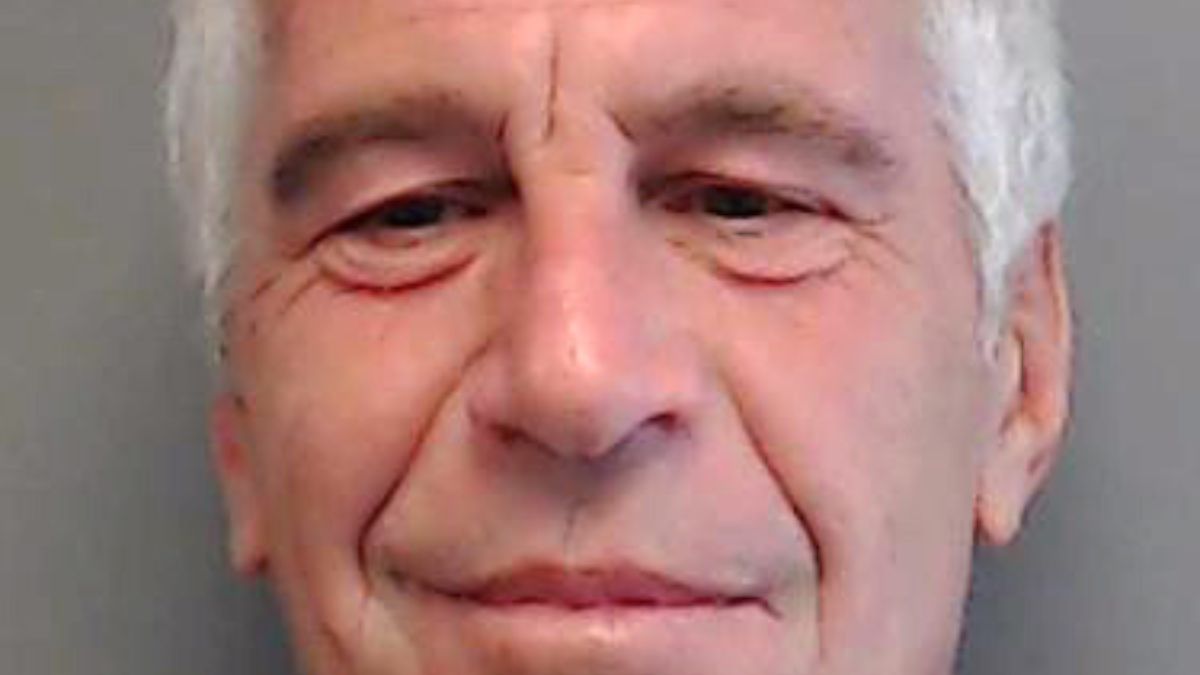
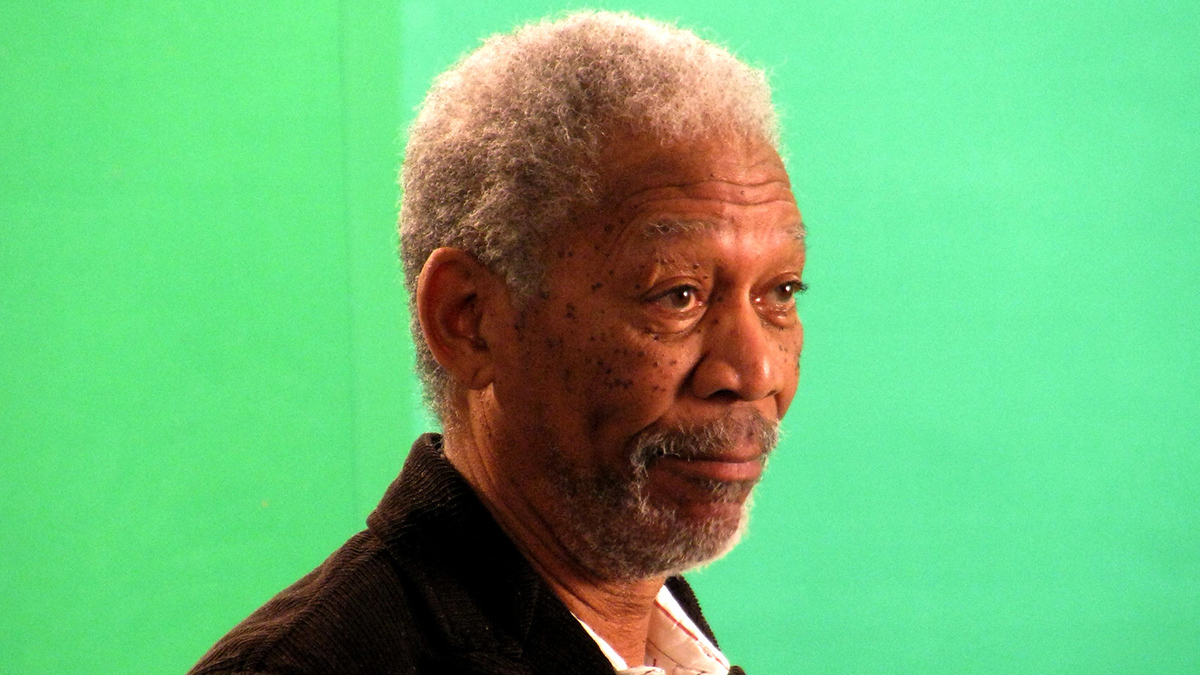
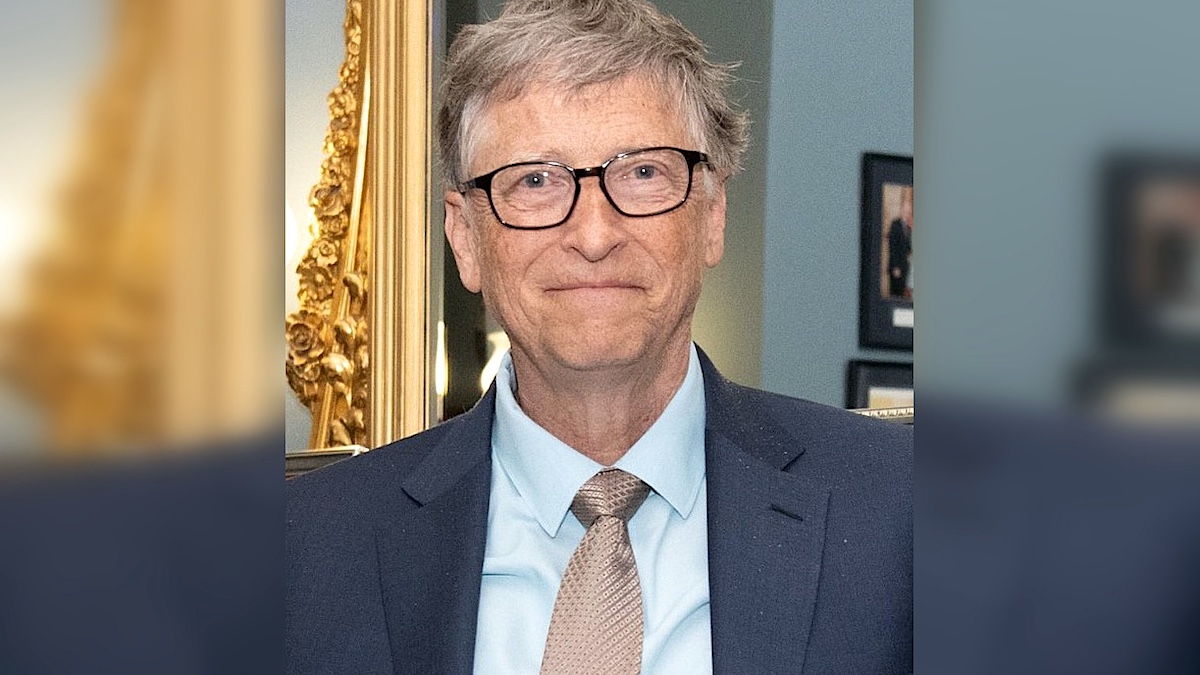

Published: Dec 21, 2023 12:59 pm